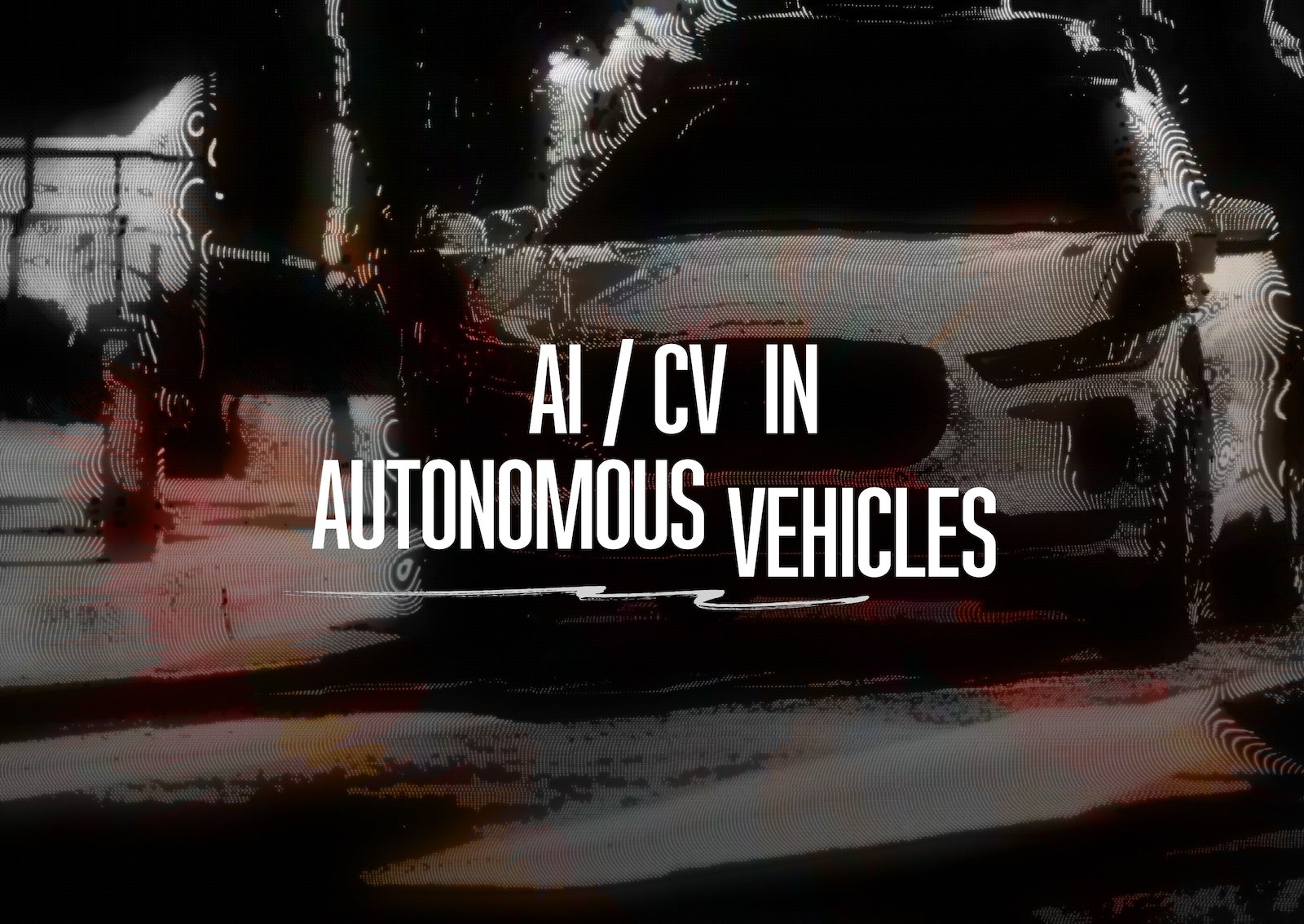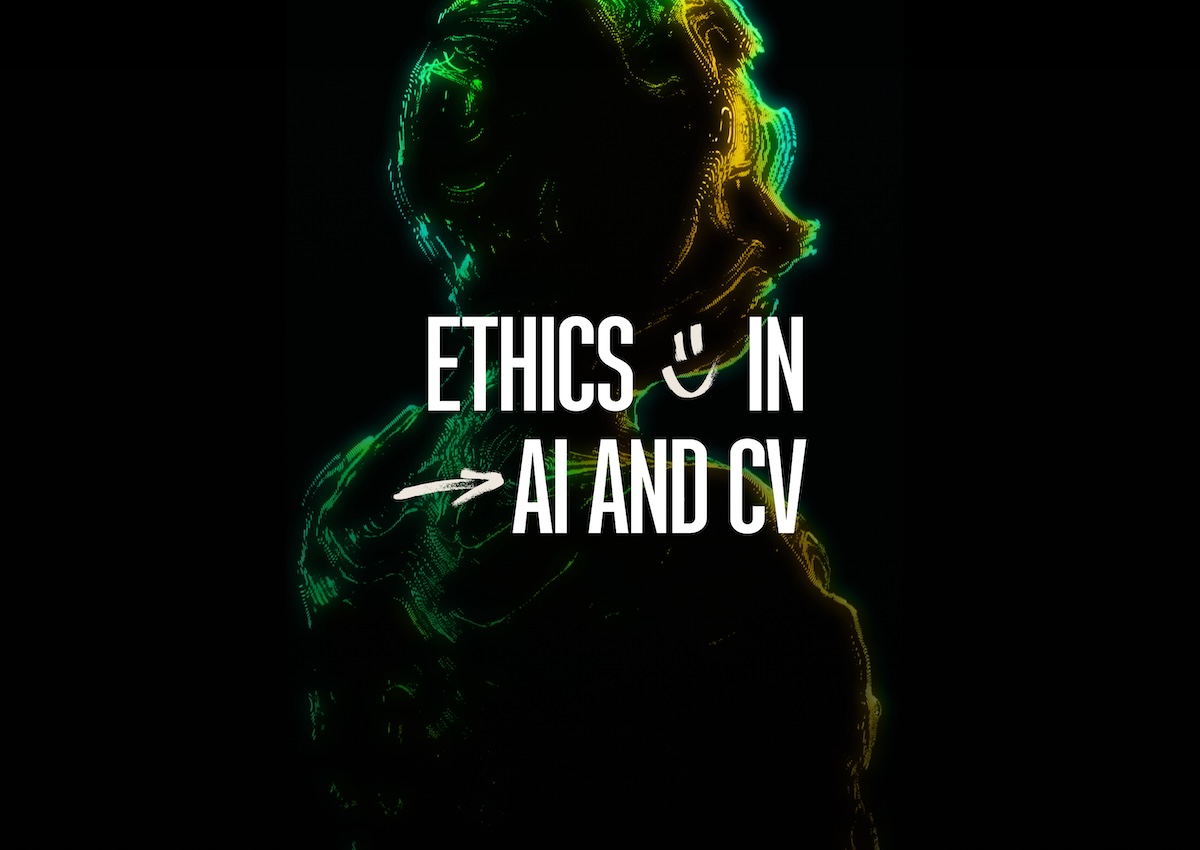
Bounding boxes are not enough anymore (for a majority of tasks)

AI in Architecture

AI in driverless cars


Efficiently identify defects and ensure product consistency with AI-powered visual inspection tools. These solutions streamline quality control processes, reduce human error, and improve reliability.

AI models predict equipment failures by analyzing real-time data from sensors, reducing downtime and extending machinery lifespan. Proactive maintenance schedules ensure uninterrupted operations.

Optimize logistics and inventory management with AI that enables real-time tracking, demand forecasting, and efficient resource allocation. These capabilities reduce waste and improve operational efficiency.

Automate repetitive tasks with AI-powered robotic process automation (RPA), ensuring accuracy and consistency in manufacturing workflows to increase productivity and reduce costs.

Computer vision technology takes care of employee safety — automatically identifying employees without protective clothing.

Cameras and AI detect tools, parts, and whatever else is needed on the go. For example, visually sort resources: wood, plastic, steel, and other components.
















Manufacturing AI solutions are artificial intelligence applications designed specifically for industrial settings. These solutions enable real-time quality control, predictive maintenance, and other AI capabilities, improving operational efficiency and product quality.
Manufacturing AI solutions enable businesses to process data on-site, reducing dependence on cloud resources and increasing speed. By enabling real-time decision-making and providing precise insights, AI can streamline processes and boost productivity.
Industries such as automotive, electronics, consumer goods, and heavy manufacturing see significant benefits from AI. These sectors use AI for tasks such as quality assurance, maintenance, and supply chain optimization.
Yes, manufacturing AI solutions are designed with security in mind. By processing data locally, they minimize data exposure and reduce reliance on external servers, helping to protect sensitive information.
Yes, many manufacturing AI solutions are optimized for offline use. By processing data directly on-site, they enable continuous functionality even without an internet connection, making them ideal for remote or high-security environments.
Computer vision uses AI algorithms to analyze and interpret visual data captured by cameras. Applications range from defect detection and quality control to process automation, all powered by efficient on-site processing.



